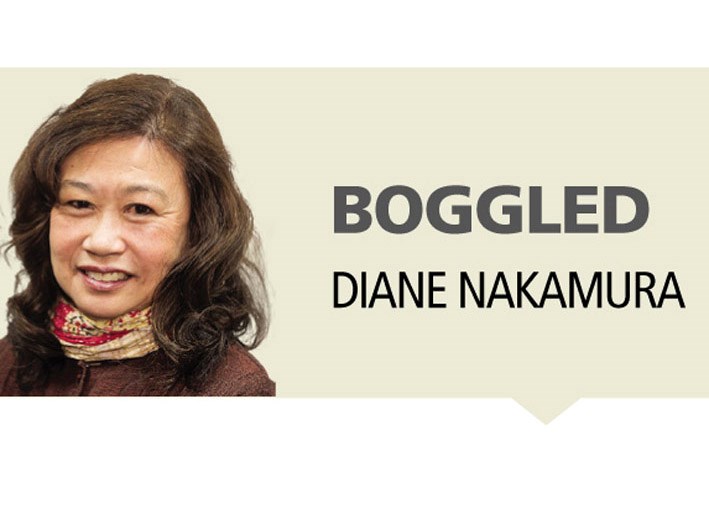When my friend recently suffered a concussion, it took me back to when I was injured over two years ago.
I recall I was nauseous all the time because the room was constantly spinning. I wore sunglasses because any amount of light would feel like an ice pick was going through my head. I couldn't use electronics either. I never used to have headaches, but after injury, it became a regular part of my life.
My vision and hearing were affected. I had problems talking and formulating sentences and I stuttered and slurred my words. I couldn't focus or concentrate on anything. Making decisions and problem solving were impossible. I was severely fatigued and slept between 12-14 hours a day.
Although my symptoms have improved over two and a half years, I have not forgotten how ill, vulnerable and confused I felt. Because of my friend's recent injury, this prompted me to write about how to be helpful to folks with concussions, especially in the days and weeks that follow the incident.
Concussions are often not diagnosed at the time of injury. My friend went to the hospital and was diagnosed right away. In my case, it took three weeks before I realized that I was not well. You don't necessarily have to hit your head to receive a concussion. Strokes, near drowning, drug overdoses, being exposed to explosions and viruses such as meningitis can cause concussions. If a person has not recovered after four months, then their condition becomes a brain injury.
There are definite do's and don'ts when interacting with someone who has a recent concussion. Expect they will require a lot of rest because the brain requires this in order to heal. Avoid long conversations over the phone and in person because they will not tolerate this well. For example, irritability is a common symptom.
I recall talking with a friend on the phone shortly after I was hurt. She is a fast talker and her sentences are often disjointed. I couldn't keep up the conversation. I asked her to slow down and when she didn't, I yelled into the phone "STOP talking!”
This is not pleasant but if you experience this, don't take it personally. And if they don't reply to your texts or emails, don't be surprised. What can seem to be a small task to you might be overwhelming for someone struggling with a concussion.
Often, people with concussions cannot tolerate groups of people, stores or restaurants because of overstimulation. I almost threw up in the grocery store on one occasion because the lights, noise and music were too much and I became quite nauseous. Don't expect your injured loved one to go shopping or out for lunch.
In mine and my friend's case, our vision was severely affected to the point we couldn't drive. Offer to pick items up at the grocery store or pharmacy. This would be super appreciated. Other helpful tasks would be to babysit, help with house and yard work, provide rides to appointments, bring over a meal or snack. Again, avoid too much talking and have one person speak at a time. During the beginning days of my healing, if two people were talking simultaneously, I couldn't keep up and my brain would shut down. I would cry, not be able to speak, leave the room and afterwards have little recollection of what happened.
The most important thing to remember is do not have expectations that someone with a concussion can help solve problems, babysit or do anything that requires energy not spent on themselves.
Injury to the brain is serious business. Although the person may look the same as before, their cognitive and physical functioning can be severely impacted.
Someone else will have to cook Christmas dinner or host family or friends from out of town. Someone else will have to drive the kids to school, soccer and other activities.
Appearance wise, the injured person may appear selfish, lazy and uncaring. The truth is they can't do much beyond taking care of themselves. Understanding and practical support would be a godsend.
- Diane Nakamura is a social worker on long-term disability after suffering a brain injury.



